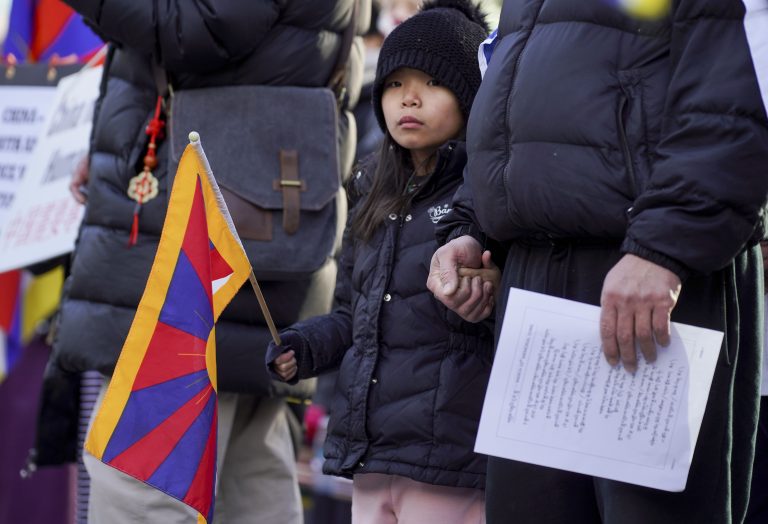In the summer of 2022, 87 hotel rooms in the popular tourist city of Niagara Falls, Canada were allocated to house asylum seekers who had crossed into Canada at the border of the United States and Quebec. By March, 2023 the number of hotel rooms allocated to house asylum seekers soared to 2,000, providing government-funded accommodations for approximately 3,000 migrants in total. A number that is continuing to fluctuate.
The migrants are crossing at Roxham Road, also known as Rang Roxham and Chemin Roxham, which is a 5-mile stretch of rural road that connects the town of Champlain, New York in the United States with the municipality of Saint-Bernard-de-Lacolle, in Quebec, Canada. The migrants are then bussed to various other communities in Canada.
According to the Canadian Broadcasting Corporation (CBC), Canada’s state-funded news organization, the 3,000 migrants who have been transferred to the city since last July, are placing significant pressure on the city’s community services, stretching resources thin and prompting local political leaders to speak up.
Niagara Falls Mayor, Jim Diodati, told the CBC, “We’re trying to be good Canadians and do what we always do, which is always lend a hand. But there’s limits to everything that we can physically do. It’s started to have an impact on our community in a lot of ways.”
Asylum seekers are streaming over Canada’s border at Roxham Road by the tens of thousands prompting Canadian conservative leader Eric Duhaime to call for the permanent closure of the popular migrant passage and who has recruited other political figures to petition for this end.
Success
You are now signed up for our newsletter
Success
Check your email to complete sign up
“The climate is more favorable than ever for … a Quebec delegation of five leaders to go to Ottawa. Quebecers like it when we work together,” he said at a press conference on Mar. 3 concerning his plans to petition to have the border crossing closed.
In a letter to Prime Minister Justin Trudeau and via an op-ed in The Globe and Mail, Quebec provincial Premier, François Legault, said that the pressure on public services in health and education due to the influx of migrants was “untenable” and that the “illegal” immigration has become a “scourge.”
READ MORE:
- The CCP Meddled in Canada’s 2021 Federal Election to Support Trudeau, Says Spy Agency
- Fallout From East Palestine Train Derailment May Have Reached as Far North as Canada
- Canada Falls From List of Top 10 Freest Countries
What happens next?
With peak tourism season approaching — a time that some 40,000 residents of the city depend on for a good portion of their annual income — and with thousands of hotel rooms occupied by migrants, city officials are starting to ask what the plan is to protect Niagara businesses and the people employed by them.
According to Immigration, Refugees and Citizenship Canada (IRCC) a total of 2,841 migrants have been transferred to the city from Quebec after Quebec’s shelter system and available hotel rooms, rented by the IRCC, reached capacity.
While there is no official tally of where the migrants are escaping from, many are coming from Haiti and Colombia.
As of Feb. 19 this year, the IRCC said that 951 hotel rooms were occupied by asylum seekers in Niagara Falls, significantly below its peak.
“Still, it’s unclear when that number could spike again and what impact that might have on the community and its services, especially since some of the hotels are in the heart of the tourist district,” the CBC reported.
Niagara Falls’ Mayor, Diodati, has approached Immigration Minister Sean Fraser asking what support his community will have during the upcoming tourist season.
“We have 40,000 people in Niagara Falls that count on tourism to feed their families, pay the rent, pay their mortgages,” he said according to the CBC.
He added that while the government is paying for the hotel rooms, their occupants are not tourists, who typically spend money in local restaurants and attractions.
“There’s a much, much bigger multiplier. That’s the difference. It’s all the mom and pop operators, the T-shirt people, the people making fudge. Those are the people that aren’t going to benefit because the asylum seekers don’t spend money at these places,” Diodati said.













